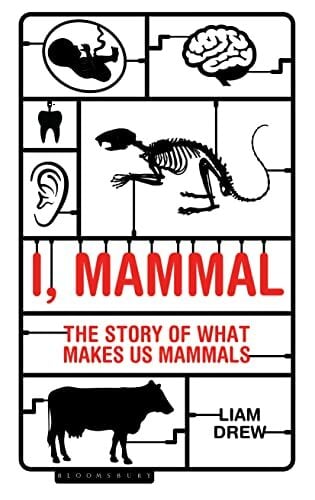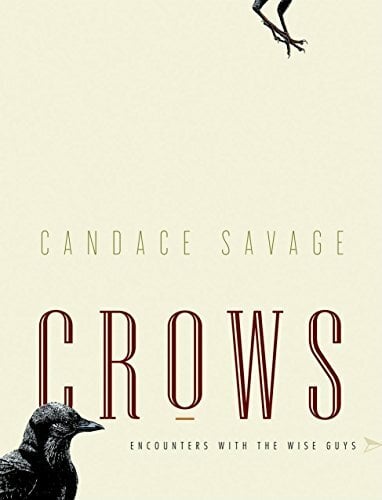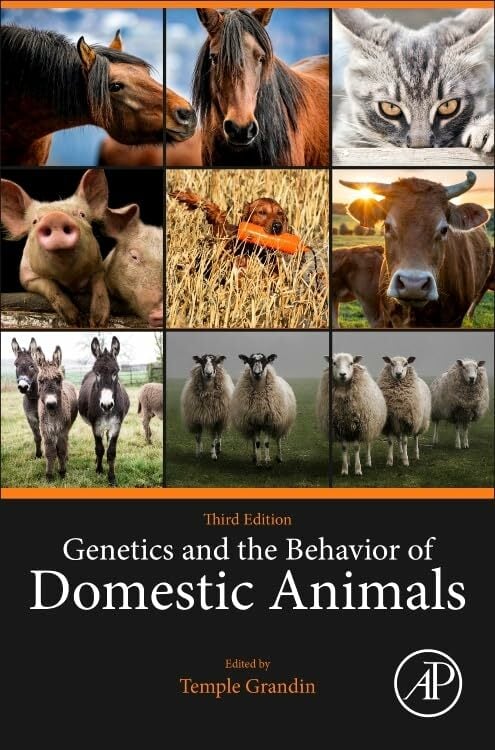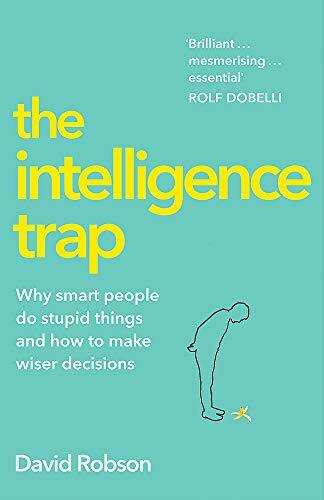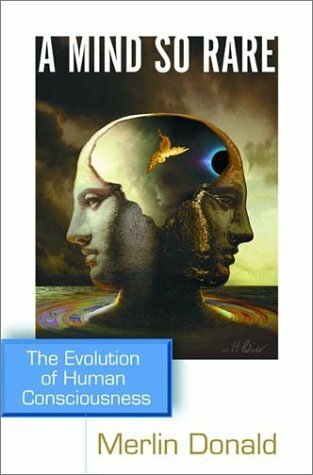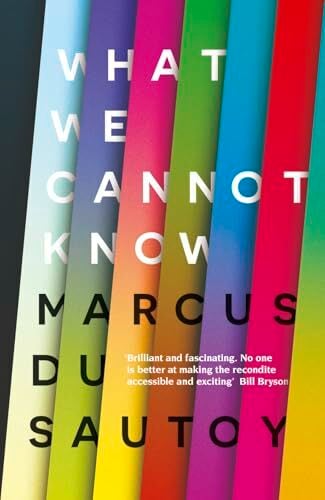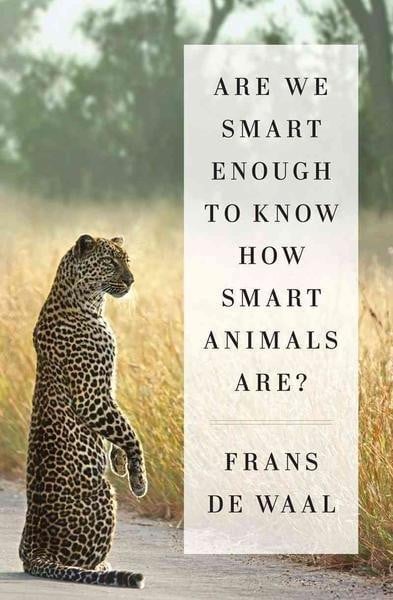
Are We Smart Enough to Know How Smart Animals Are?
Kurzinformation
inkl. MwSt. Versandinformationen
Artikel zZt. nicht lieferbar
Artikel zZt. nicht lieferbar

Beschreibung
What separates your mind from an animal's? Maybe you think it's your ability to design tools, your sense of self, or your grasp of past and future-all traits that have helped us define ourselves as the planet's preeminent species. But in recent decades, these claims have eroded, or even been disproven outright, by a revolution in the study of animal cognition. Take the way octopuses use coconut shells as tools; elephants that classify humans by age, gender, and language; or Ayumu, the young male chimpanzee at Kyoto University whose flash memory puts that of humans to shame. Based on research involving crows, dolphins, parrots, sheep, wasps, bats, whales, and of course chimpanzees and bonobos, Frans de Waal explores both the scope and the depth of animal intelligence. He offers a firsthand account of how science has stood traditional behaviorism on its head by revealing how smart animals really are, and how we've underestimated their abilities for too long. People often assume a cognitive ladder, from lower to higher forms, with our own intelligence at the top. But what if it is more like a bush, with cognition taking different forms that are often incomparable to ours? Would you presume yourself dumber than a squirrel because you're less adept at recalling the locations of hundreds of buried acorns? Or would you judge your perception of your surroundings as more sophisticated than that of a echolocating bat? De Waal reviews the rise and fall of the mechanistic view of animals and opens our minds to the idea that animal minds are far more intricate and complex than we have assumed. De Waal's landmark work will convince you to rethink everything you thought you knew about animal-and human-intelligence. von De Waal, Frans
Produktdetails

So garantieren wir Dir zu jeder Zeit Premiumqualität.
Über den Autor
Frans de Waal, author of Mama's Last Hug, is C. H. Candler Professor Emeritus of Primate Behavior at Emory University and the former director of the Living Links Center at the Yerkes National Primate Research Center. He lives in Atlanta, Georgia.

- Kartoniert
- 481 Seiten
- Erschienen 2012
- Fischer, Harald

- hardcover
- 32 Seiten
- Erschienen 2022
- Thule
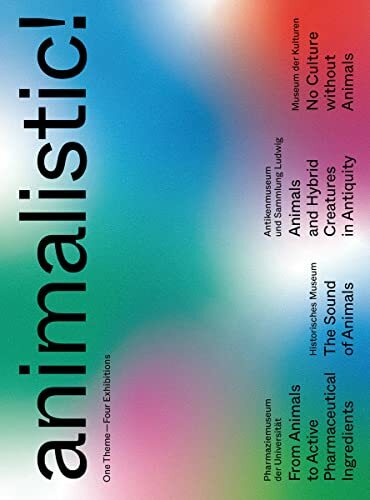
- Kartoniert
- 187 Seiten
- Erschienen 2021
- Hatje Cantz Verlag

- Gebunden
- 400 Seiten
- Erschienen 2022
- Ludwig Buchverlag

- Hardcover
- 256 Seiten
- Erschienen 2023
- Wiley-Scrivener

- Hardcover
- 208 Seiten
- Erschienen 2001
- Franckh-Kosmos Verlag
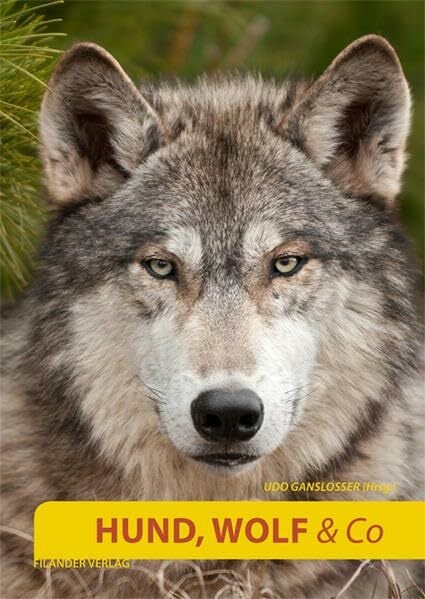
- paperback
- 210 Seiten
- Erschienen 2012
- Filander
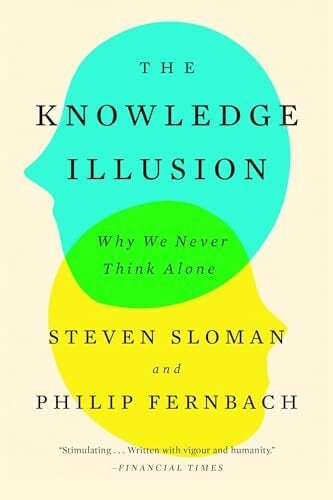
- Kartoniert
- 304 Seiten
- Erschienen 2018
- Penguin Publishing Group

- hardcover
- 491 Seiten
- Erschienen 2012
- Wilhelm Fink

- Kartoniert
- 443 Seiten
- Erschienen 2015
- Droemer TB







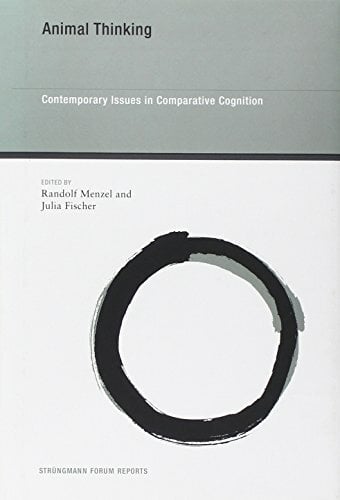

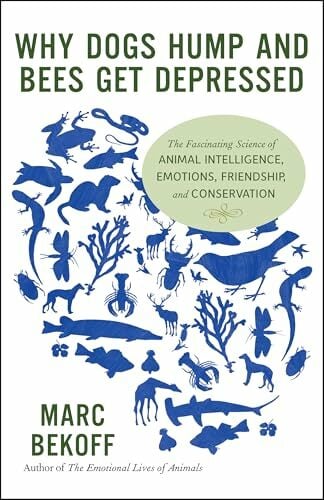
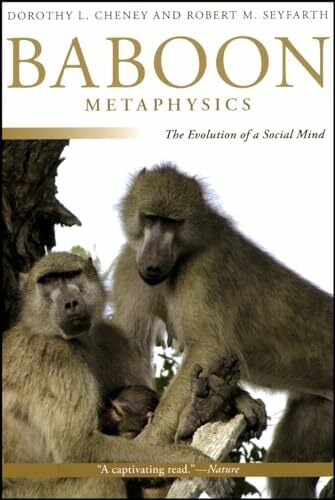
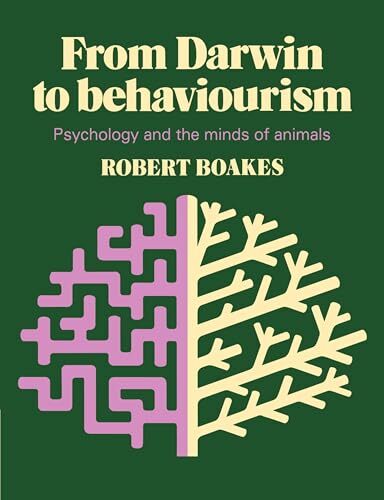



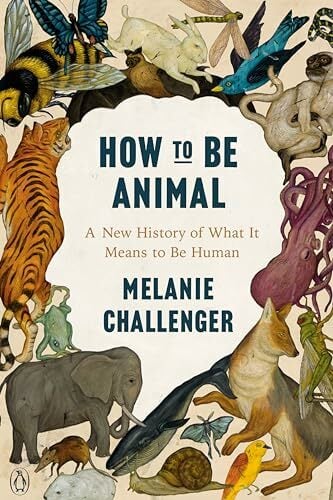

![Ciekawe dlaczego. KsiÄga zwierzÄt [KSIÄĹťKA] Ciekawe dlaczego. KsiÄga zwierzÄt [KSIÄĹťKA]](https://d3k2uuz9r025mk.cloudfront.net/media/image/c0/44/9c/1766059727_175343301645.jpg)
